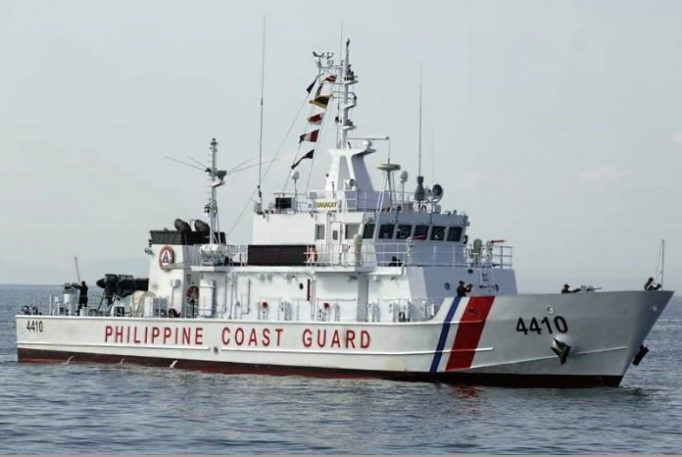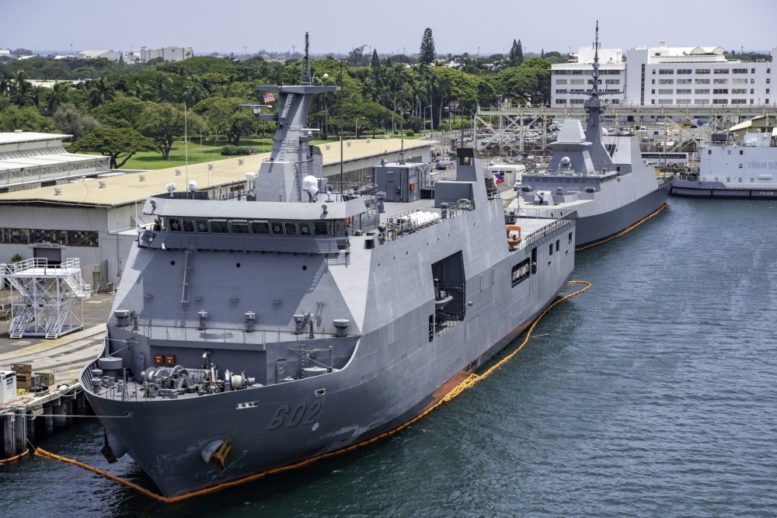To be relevant and to survive, many profit-oriented organizations positively react to their changing operational environment. They are cognizant that the very thing to expect over time is change. As a consequence, they revise their structure to support a new corporate strategy with the aim to improve efficiency, promote teamwork and reduce cost. These changes could lead to mergers, acquisitions, or even closures of many companies.
The same is true with bureaucratic and service-focused organizations including the maritime forces. Given the developing situation in the West Philippine Sea and the Philippine Rise, the country’s seagoing services may have to be integrated to create a synergy that would optimize their effectiveness. This in turn will support our national security policy and its concomitant strategy.
Our National Security Strategy defines national security as a “state or condition wherein the nation’s sovereignty and territorial integrity, the people’s well-being, core values, way of life, and the State and its institutions, are protected and enhanced.” The paper also articulated one national interest: the protection and preservation of ecological balance.
This national interest should lead to the attainment of end-states, namely: (1) developing a dynamic, inclusive and sustainable economy; (2) ensuring maritime and airspace security; (3) safeguarding national sovereignty and territorial integrity; and (4) promoting human and ecological security. In order to attain these end-states, there is a need to build a credible deterrence capability in defense and law enforcement, and enhance mutual defense arrangements with other countries.
The maritime forces –navy, coast guard and selected air units– are at the forefront in protecting the country’s borders, marine and seabed resources, and ecological balance. Unfortunately, they are not under a single department with a common operating environment. Hence, having two different chains of command violates the unity of command principle.
A case in point is the recent transfer of command and control of the Chinese Coast Guard from civilian to military. Barely five years under a civilian agency, Oceanic Administration, China decided to put its Coast Guard under the People’s Armed Police that directly reports to the Central Military Commission. This set-up allows China to harmonize its maritime operations in South China Sea involving its maritime militia, Coast Guard and PLA Navy to implement its “cabbage strategy,” a coercive, sustained, and gray zone naval campaign. Likewise, the US started deploying its US Coast Guard units in the same maritime zone in coordination with the US Navy to conduct freedom of navigation patrols to ensure unhampered transit of merchant ships traversing that waterway.

The Integrated Bar of the Philippines (IBP) and fishermen from Palawan and Zambales have asked the high court to issue a Writ of Kalikasan directing the government to enforce Philippine environmental laws, including fisheries laws, in the West Philippine Sea. The petition said Philippine environmental laws should be enforced at the Ayungin Shoal, Panganiban Reef and Panatag Shoal, all within the Philippines’ EEZ. Photo Credit: The Philippine Star
Transferring the Philippine Coast Guard (PCG) to the Defense Department will hasten the realization of a credible deterrence capability in defense and maritime law-enforcement. Having acquired military culture and ethos while under the defense establishment for over three decades, the transition would not be difficult. PCG’s military character will sharpen its “warrior edge,” enhance its logistics support including basing, procurement, and ship maintenance, and supplement its intelligence capacity and training programs. Further, it will have a clear operational focus on the “whole of the nation approach” in protecting the national patrimony. There will be stability in planning and execution of missions and tasks during extreme emergencies other than war, something that the current PCG law does not provide. Merging will create efficiencies thereby reducing cost, improving interoperability, and most importantly, strengthening the chain of command.
As one strategist puts it: “In dearth of resources, the commander must consolidate, not disperse, his forces.”
Happy 121st Anniversary to the Philippine Navy!
